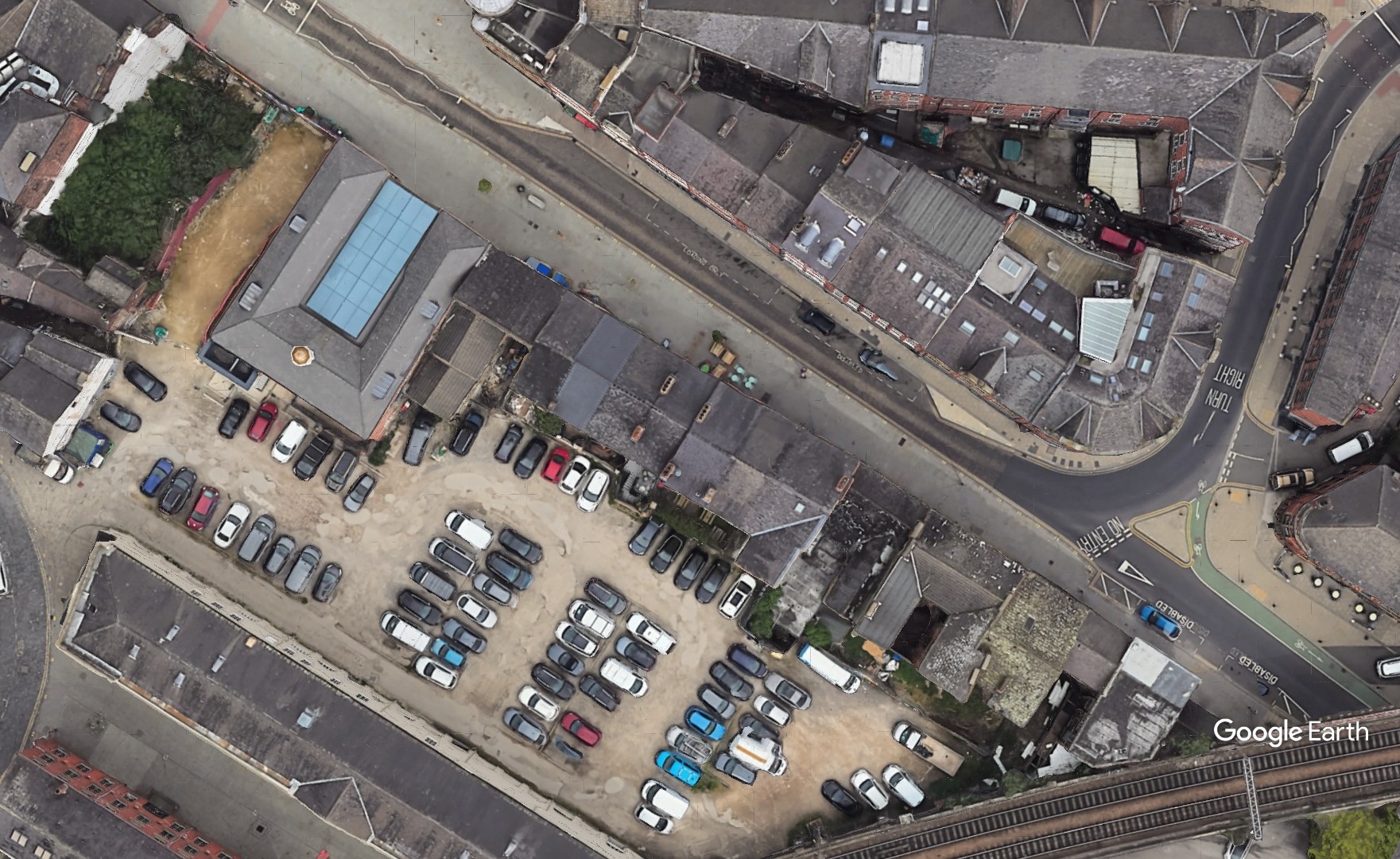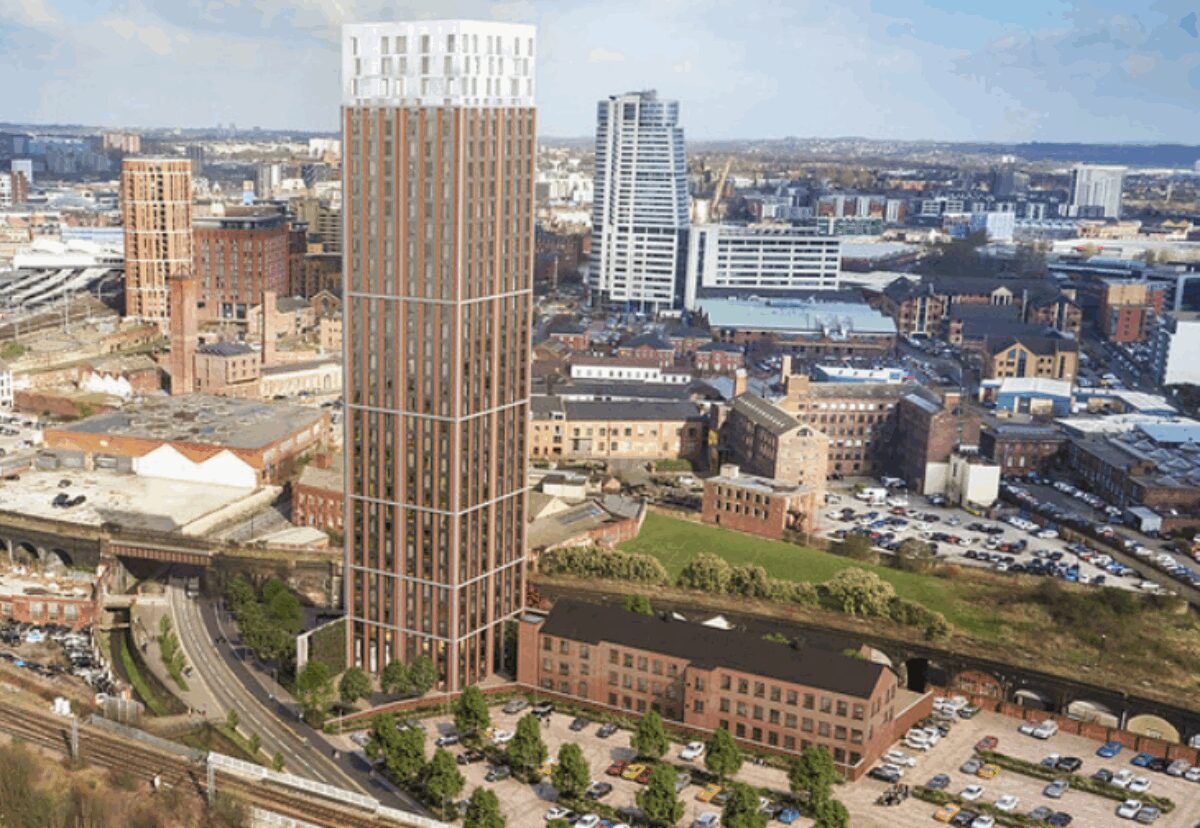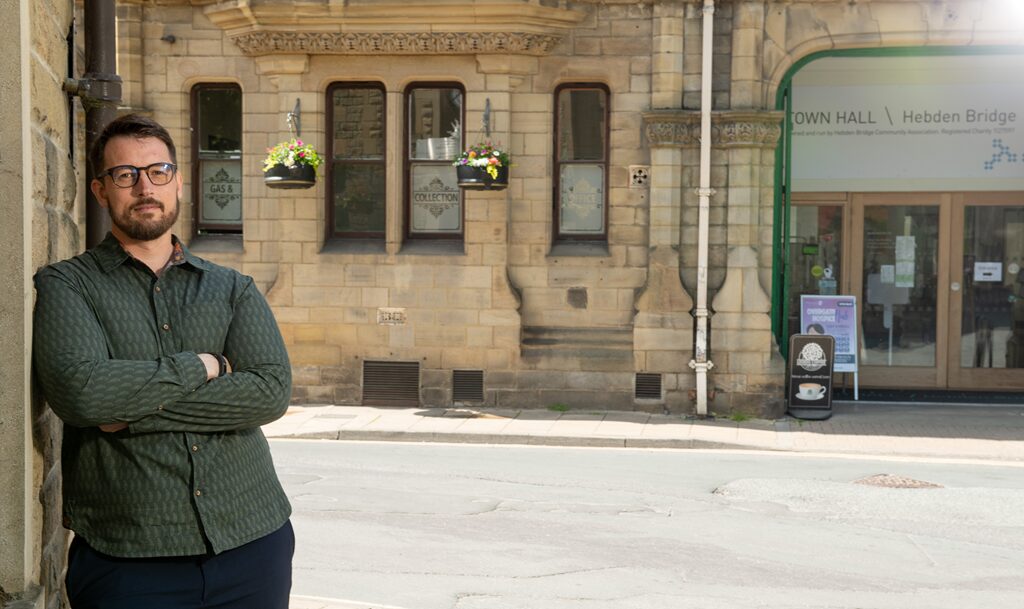Leeds mulls CPO to solve Kirkgate problem
Compulsory purchase powers could be wielded by the council, should negotiations to take over buildings in the historic area fail.
Leeds City Council’s executive board will next week be asked to approve officers to advance plans that will safeguard the future of key heritage assets in the area.
A row of derelict privately-owned buildings on Lower Kirkgate has been cordoned off for safety reasons – and the road closed to traffic – since one of the properties suffered a partial collapse in April last year.
LCC wants to carry out a 16-week programme of stabilisation work on the buildings after their current owners – two linked companies called City Fusion and Kirkgate Land Residential – failed to take the necessary steps to make them safe. The council will then seek, as is its legal right, to recover the cost of the work from the companies.
The council is separately seeking to acquire the properties with a view to them being fully restored and brought back into meaningful long-term use, complementing the regeneration activity that has been successfully delivered elsewhere on Lower Kirkgate, as seen in projects such as Rushbond’s restoration of the First White Cloth Hall.
The report, to be heard on Wednesday 16 June, confirms that the council is in continuing negotiations with City Fusion and Kirkgate Land Residential over buying the seven properties, between numbers 83 and 89.
It also confirms that a market value offer – based on an independent valuation undertaken in line with the RICS Red Book Global Standards framework – for the buildings has been made, but not yet accepted.
As a result, the executive will be asked to approve the development by the council of a case for the potential compulsory purchase of the buildings, as a last resort.
Any formal decision – or resolution – on the use of compulsory purchase powers would be reserved until a future and as-yet unspecified meeting of executive board.
The report also confirms that the council hopes to be in a position to complete its 16-week programme of stabilisation work on the buildings by the end of 2025.
With detailed designs for this work close to being finalised, it is expected that a start on site should be possible during August.
An update on plans for the reopening of the road after the work has been completed will be provided in due course.
Cllr Jonathan Pryor, LCC deputy leader and executive member for economy, transport and sustainable development, said: “The situation on Lower Kirkgate is a complex one and clearly remains a major source of frustration and concern for local residents and businesses.
“We are determined to find a solution to the issues affecting this historic street, where important heritage assets have been allowed to fall into a serious state of disrepair.
“It should be stressed that, at the current moment in time, the at-risk buildings are not owned by the council. We are, however, acutely aware of the need to protect the 18th and 19th-century fabric of Lower Kirkgate.
“It is against this backdrop that we are continuing to pursue the separate but parallel courses of action outlined in the report to next week’s executive board meeting.”
The report also sets out how the council attempted – for more than a decade – to facilitate improvements to the buildings. Key to these improvements would have been the award of grant support from a council-backed regeneration scheme called the Lower Kirkgate Townscape Heritage Initiative.
Despite its best efforts, however, the council was unable to formally agree terms for this award of THI funding before the scheme came to an end last year. THI grants were put to use in the work at the grade two-listed First White Cloth Hall.
Even the recent developments in what is a long-running matter have had to take their course over several months: City Fusion and Kirkgate Land Residential were served with an urgent works notice by Leeds City Council in February this year, which gave them 28 days to start a programme of stabilisation work on their Lower Kirkgate holdings.
Failure to do means the council may proceed with the work itself, and drawing up designs started in March.
The process began last summer however, as regulations mean sign-off is required from the Secretary of State – this was applied for in August and approved in December.
LCC reiterated that the buildings currently pose no threat to public safety, with protective hoardings being placed in front of them following last April’s partial collapse.
The ‘buffer zone’ created by the hoardings means that Lower Kirkgate is currently closed to traffic.





